
Tips to Avoid Daytime Sleepiness
Tips to Avoid Daytime Sleepiness
It’s normal for everyone to feel sleepy once in a while. But 5% to 10% of people in the United States deal with hypersomnia, or excessive daytime sleepiness. This condition can cause you to fall asleep repeatedly throughout the day, even during activities like eating or talking with someone.
Hypersomnia could be a symptom of an underlying issue like:
- Narcolepsy
- Restless legs syndrome
- Sleep apnea
- Bipolar disorder
- Depression
- Certain medications
- Using drugs or drinking too much alcohol
In some cases, your doctor may not be able to find the cause of your drowsiness. Experts call this idiopathic hypersomnia.
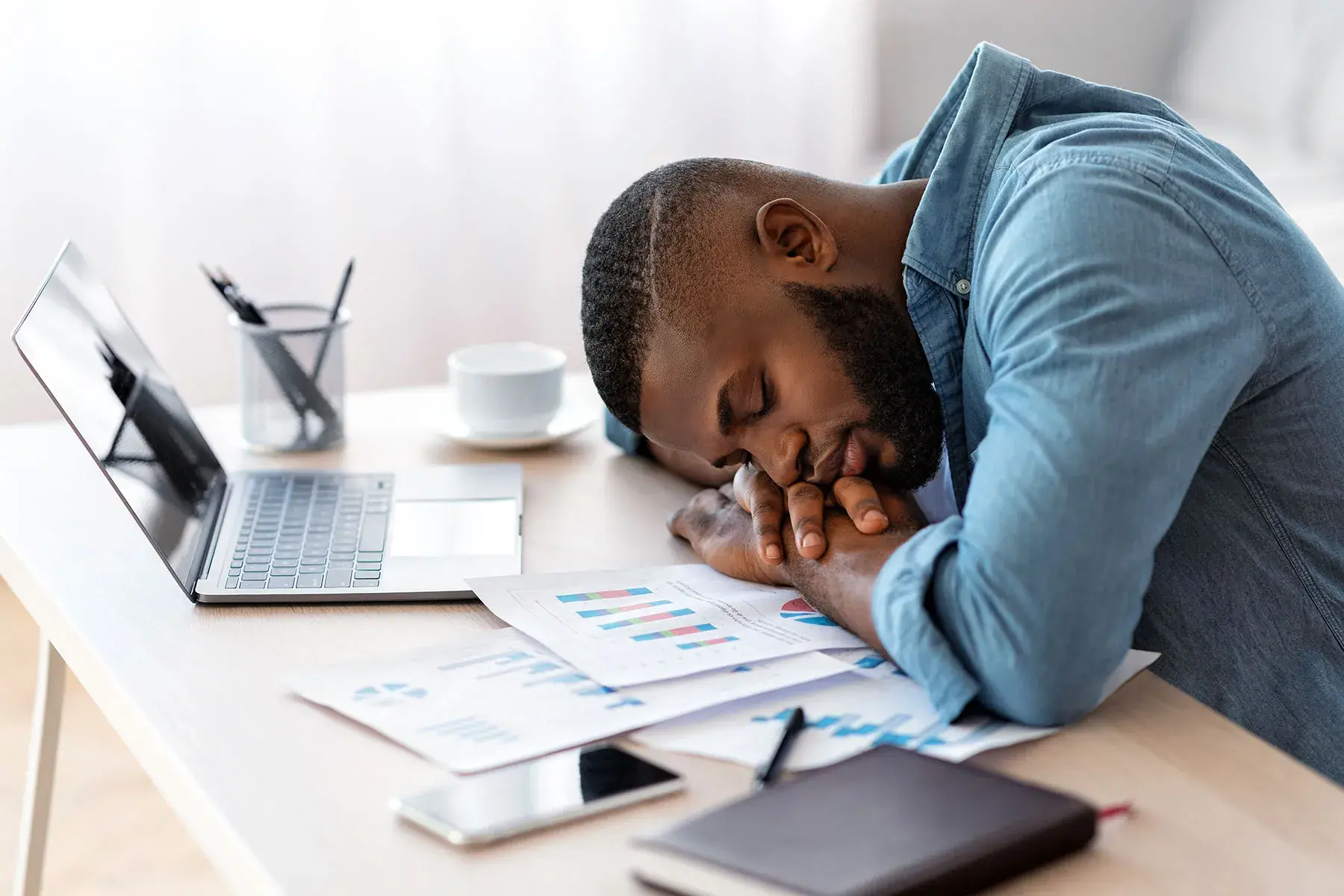
There are things you can do at home to reduce your daytime sleepiness.
Drink caffeine.
Caffeine is a stimulant. It can help you stay awake during the day if you have excessive sleepiness. But drinks that have caffeine like coffee, soda, or tea can make it difficult to sleep even when you’re tired. For this reason, it’s best to switch to decaf beverages later in the day.
Eat a snack.
Sugary snacks can give you a quick boost of energy, but they’re often followed by a crash that causes low blood sugar, mental fogginess, and fatigue. Low-sugar, high-fiber snacks can help you maintain more energy.
Take naps.
You can schedule naps during the day to reenergize yourself. Rest can help you avoid daytime sleepiness. But if you overdo it, you may not be able to sleep at night. Keep your naps relatively short, and reserve them for earlier in the day. It’s best to nap about 6 or 7 hours before you would normally go to bed. If you must take a late nap close to bedtime, make it a short one.
Napping on the job can be touchy. If you need to nap at work, do it during your break and use a vibrating alarm clock, if necessary, to make sure it doesn’t spill over into your work time. Sleeping at your desk is usually not a good idea, but many companies now provide nap rooms for employees.
News in the same category


A Simple Kitchen Trick: Add This Fruit When Boiling Duck to Remove Odor and Boost Flavor

Never store your cooked rice without knowing this
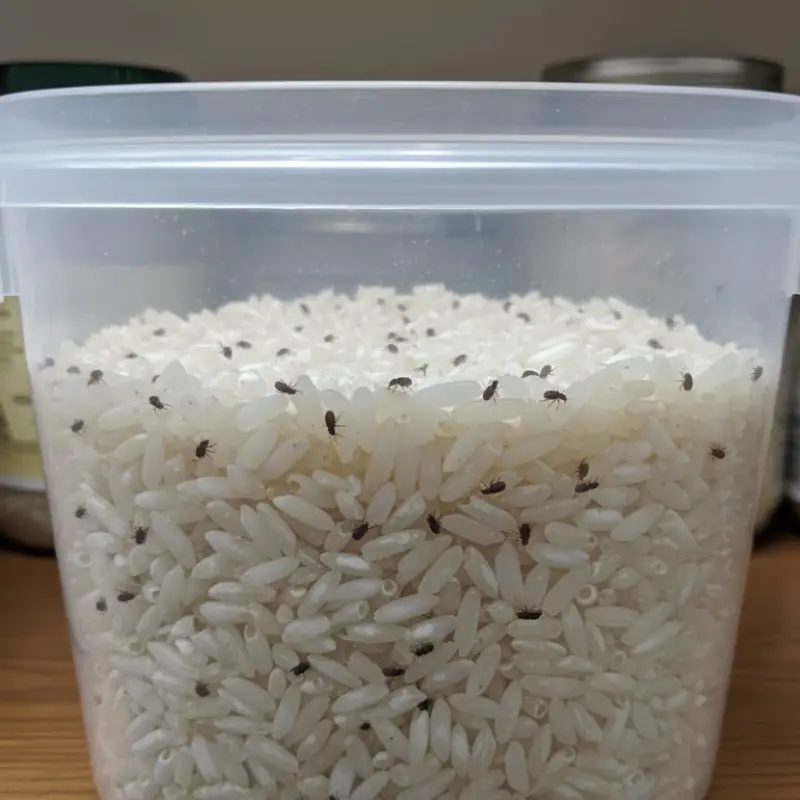
How to store rice to prevent insects and mold: Tips to keep rice fresh and flavorful

Why placing a roll of toilet paper in the fridge can effectively remove odors?
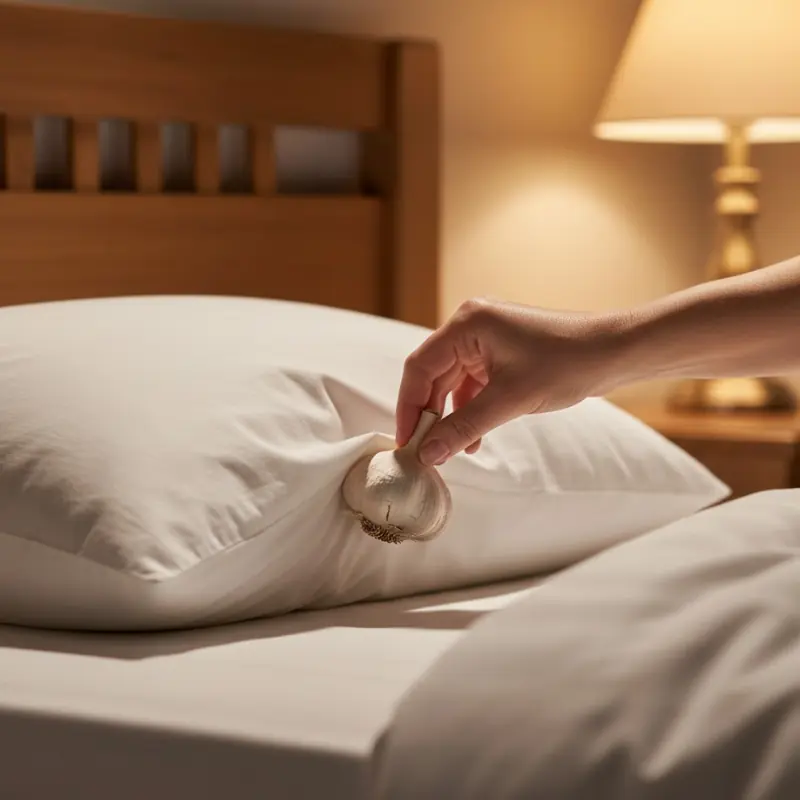
Why Should You Place Garlic by Your Bedside at Night? Everyone Will Want to Try It Immediately

6 plants that snakes are strongly attracted to, and 3 that naturally keep them away

Sprinkling salt in door cracks: A simple habit with surprising meaning and practical benefits

Goodbye fleas, ants, and cockroaches with this home remedy

3 Easiest Ways to Get Rid of Mice in Your House

How to grow ginger at home easily and enjoy fresh ginger all year round

4 Types of Fish That Are Prone to Heavy Metal Contamination — Even Sellers Rarely Eat Them
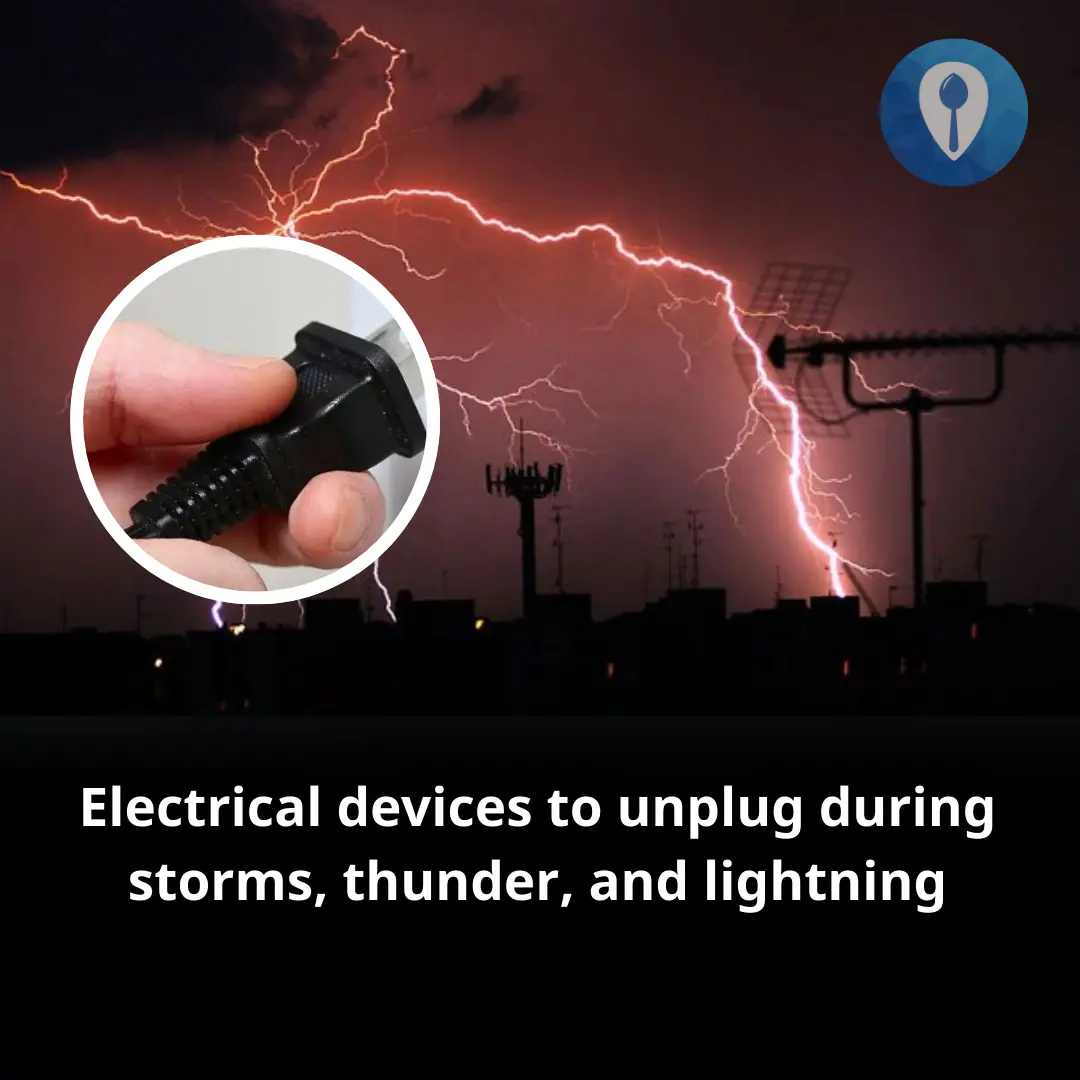
Electrical devices to unplug during storms, thunder, and lightning
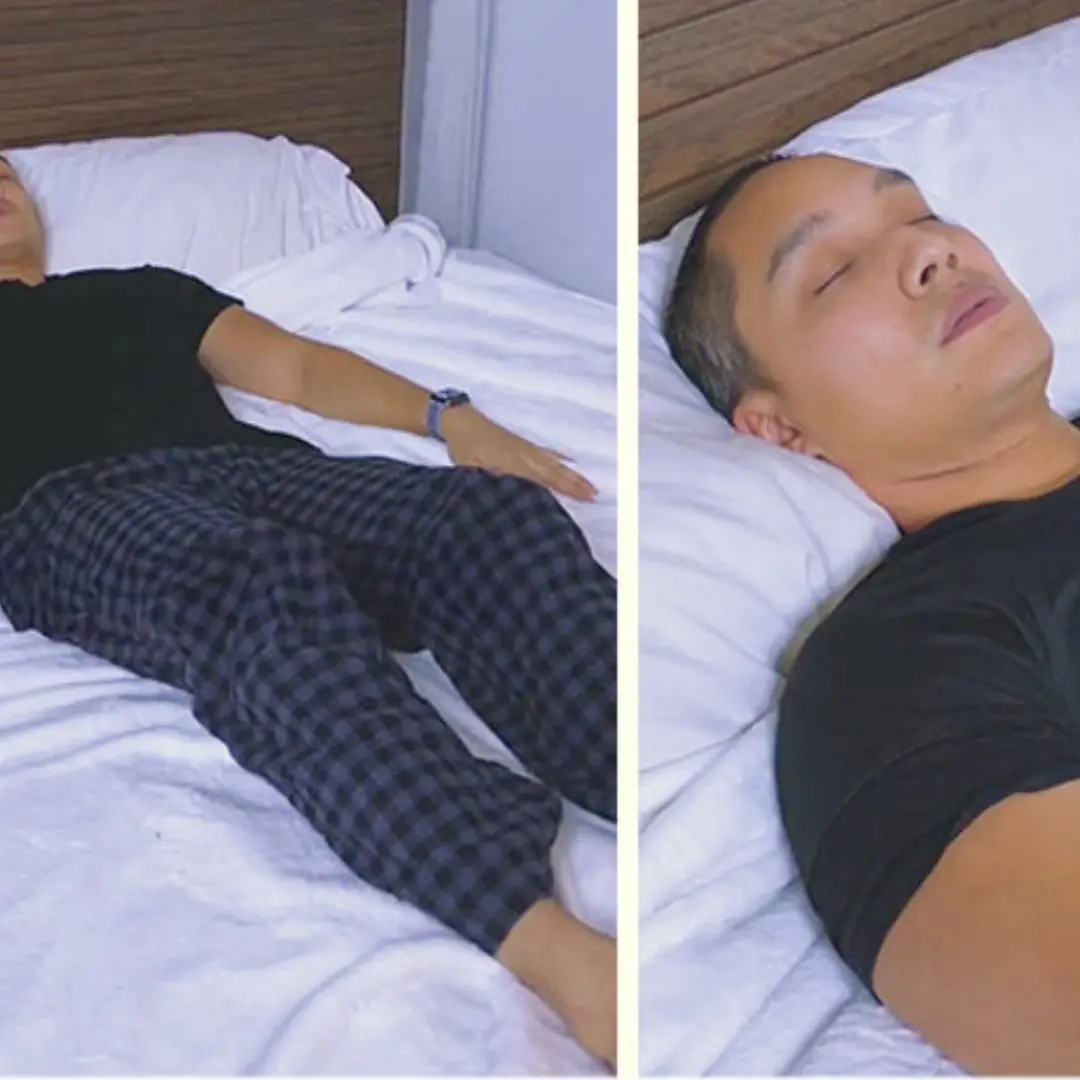
The Military Sleep Technique That Can Help You Fall Asleep in 2 Minutes
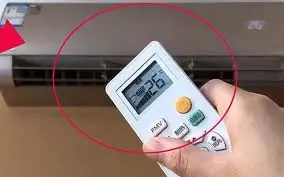
Why shouldn't you set the air conditioner to 26°C at night?

9 out of 10 people store onions incorrectly: Here's why you shouldn't keep them in the fridge

Smart travel tip: Why you should toss a water bottle under your hotel bed?

Don't throw away your yellowed white shirts - try this soaking method to make them bright and as good as new

Easy lemon storage hacks that keep them fresh for a long time
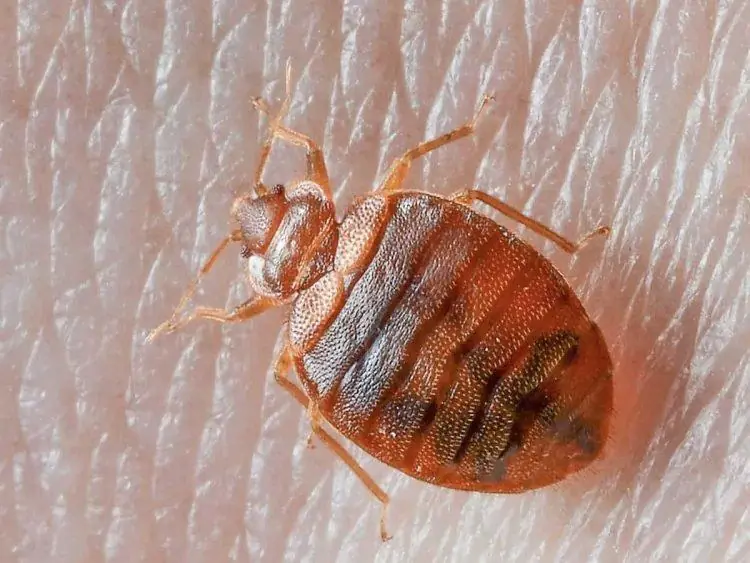
Natural Pest Control: Using Diatomaceous Earth and Cloves Against Bed Bugs and More
News Post

Red Velvet Cinnamon Rolls with Cream Cheese Glaze

Even can.cer cells can’t stand these four fruits, which are loved and cultivated worldwide
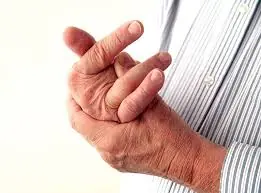
Before c.a.ncer arrives, hands and feet often have these 4 signs
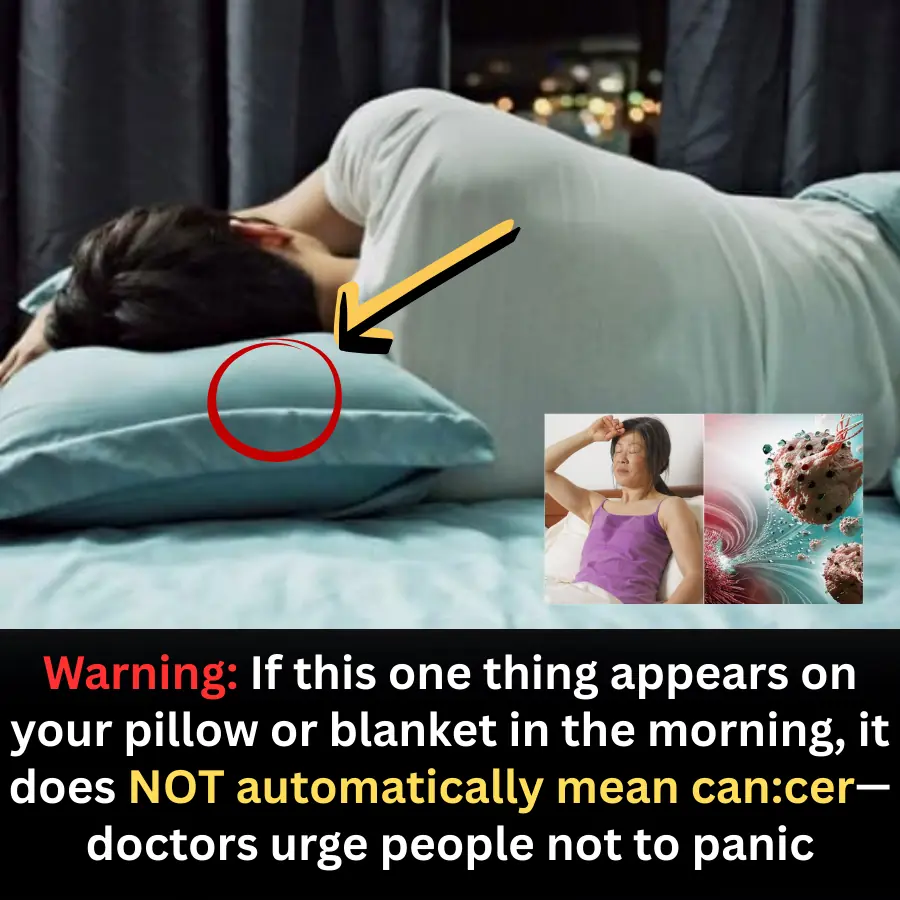
Waking Up to Strange Marks on Your Pillow or Blanket: A Can,cer Sign? Doctors Say the Truth Is More Complex

Doctors Warn: Three Husband Behaviors That Could Increase Cervical Can.cer Risk

The Italian Village Known as “The Healthiest in the World” — Thanks to One Everyday Spice

Green or Orange Dot on Your Phone? Experts Warn It Could Be a Privacy Alert

Why Sprinkling Salt on a Gas Stove Is a Smart Household Trick

A Simple Kitchen Trick: Add This Fruit When Boiling Duck to Remove Odor and Boost Flavor
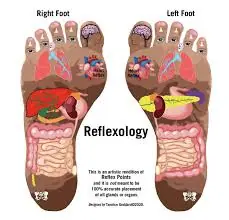
To know if your internal o.r.gans are infected, just look at your feet. If there are 3 signs, you need to go to the emergency room

Chinese Medical Expert Reveals a Dish That Helps Fight Blo.od Clots and Tumors
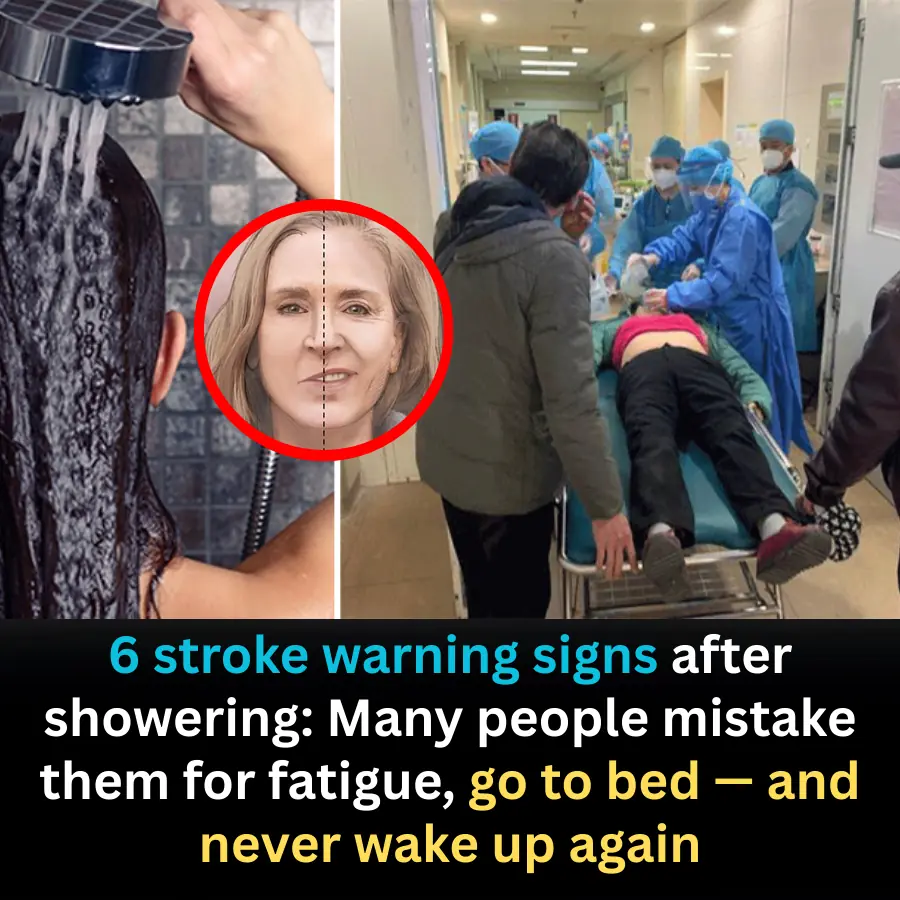
6 Stroke Warning Signs After Showering You Must Never Ignore
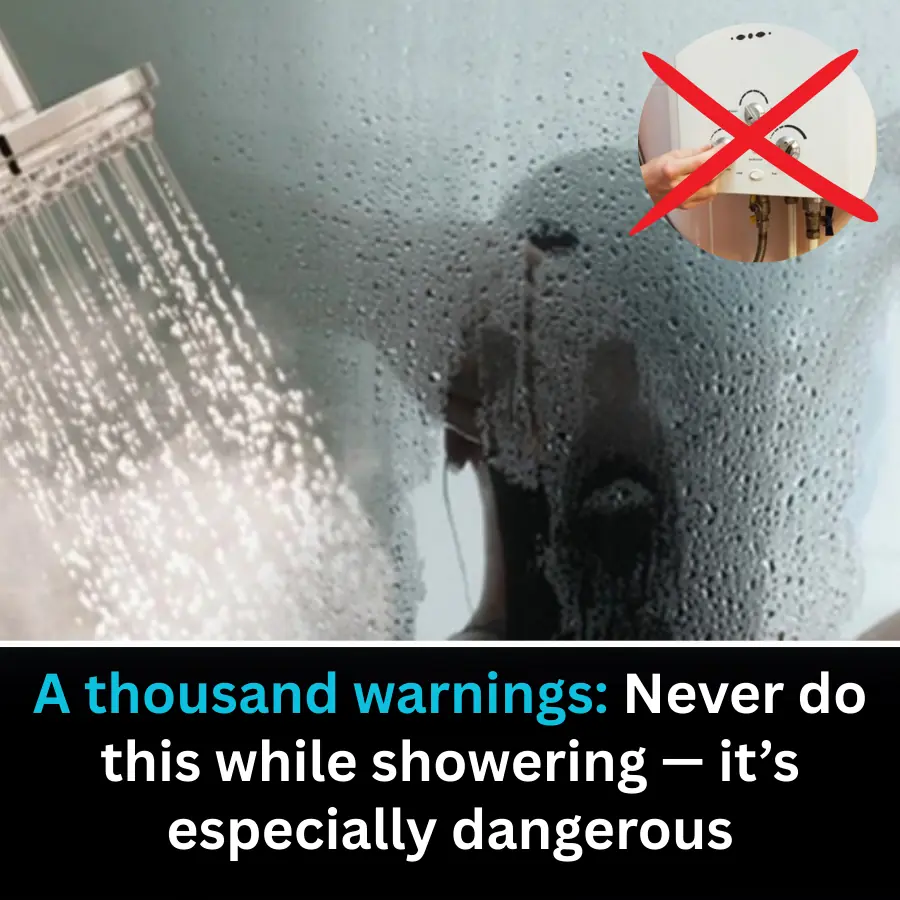
Health Warning: Never Do This While Showering — It Can Be Far More Dangerous Than You Thin
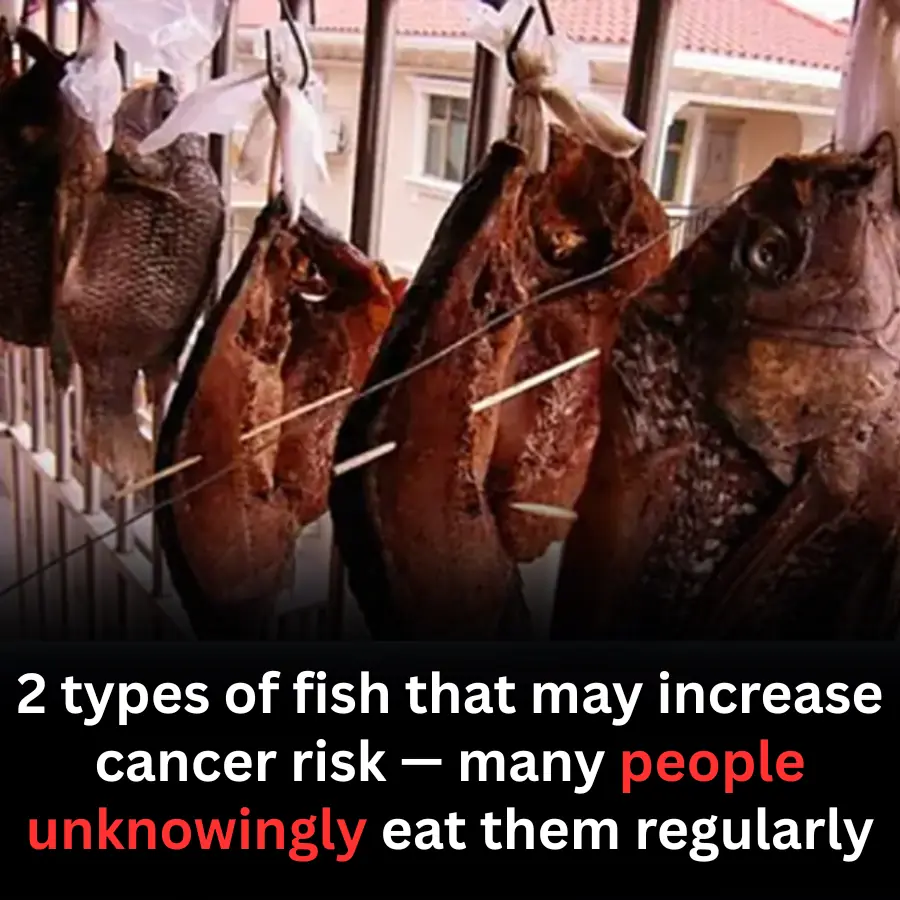
Be Careful: These 2 Types of Fish May Increase Cancer Risk if Eaten Frequently
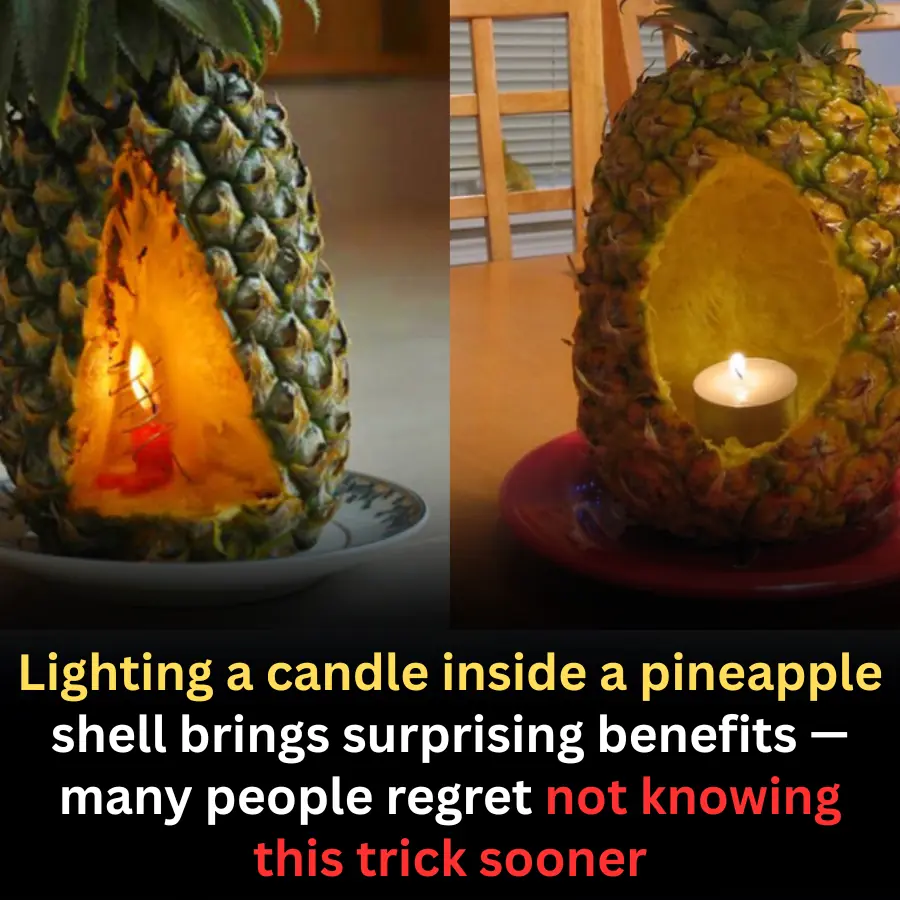
A Simple Home Hack: Light a Candle in a Pineapple Shell and Enjoy Unexpected Benefits

Food Safety Warning: 3 Types of Tofu You Should Never Buy, Even at a Bargain Price

Doctors Warn: 3 Fruits That May Quietly Harm Your Liver If Eaten Incorrectly

Garlic Parmesan Chicken Meatloaf

Why people with green eyes are so fascinating?
